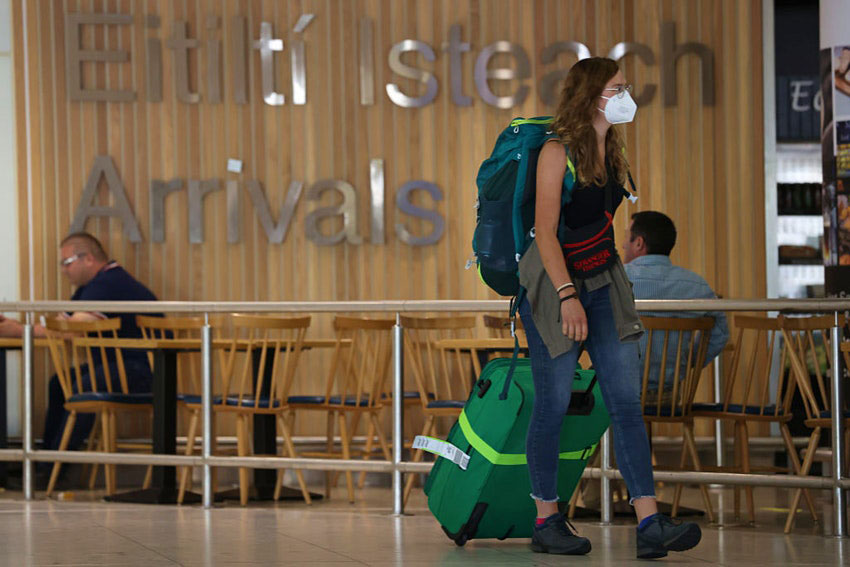
Ireland tightens border rules with COVID-19 testing requirement for all arrivals
TripFalcon December 02, 2021
Last Update: 2021-12-01 17:06:14Starting from Friday, December 3, Ireland will update its entry rules to require that any passenger arriving into the country presents proof of a recent negative COVID-19 test, regardless of their vaccination status or point of departure.
Under Ireland's current rules any passenger who is not vaccinated must take a test to enter the country, but from Friday that will be extended to all arrivals. Vaccinated passengers have the choice of presenting proof of a negative PCR or antigen test but unvaccinated people must take a PCR test.
The PCR test can be taken within 72 hours of departure, while the antigen test must be taken within 48 hours of departure. At-home antigen testing kits will not be accepted and passengers must get the test professionally administered, the Irish Independent reports.
 Ireland's new rules apply to all arrivals with few exceptions © PA / Getty Images
Ireland's new rules apply to all arrivals with few exceptions © PA / Getty Images
Travelers who have recovered from the virus within the previous 180 days (but no less than 11 days) are exempt from testing rules due to the false positive result it could produce, but they must show their certificate of recovery instead. People traveling across the border from Northern Ireland are also exempt, but the rule is extended to the rest of Britain.
The new rules apply to passengers aged 12 and over and come amid concern that the Omicron variant could take hold in Ireland. The strain has yet to be detected in the country but a number of cases have been identified in neighboring European countries, triggering a new wave of travel restrictions worldwide.
Ireland is already battling a fresh surge in COVID-19 cases due, in part, to a slow rollout of its booster program. A number of public health measures are in place to slow the spread of COVID-19 but it's expected that some restrictions will be tightened in the lead up to Christmas. When visiting Ireland, you'll need to present a vaccine or recovery certificate to enter hospitality venues and events. Face masks are required in most indoor venues and on public transport.

